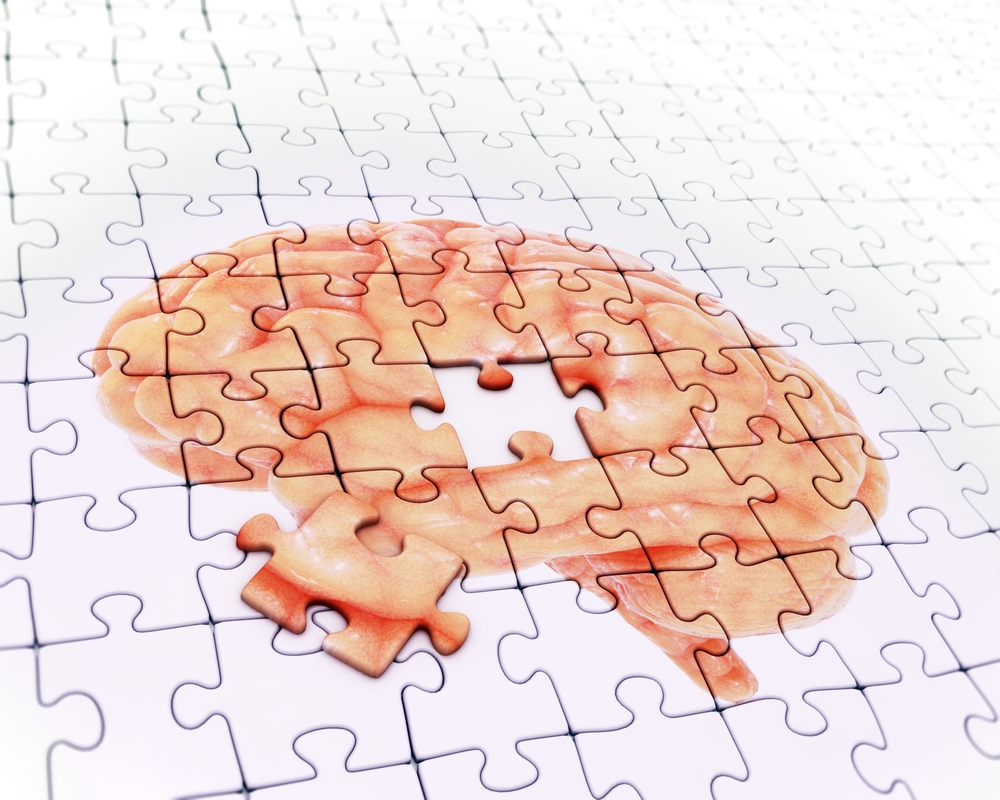
While dementia is a common disease affecting many elderly Americans, it is not a necessary sign of aging. The World Health Organization revealed that 47.5 million people around the world are living with dementia, with an estimated 7.7 million new occurrences each year. Alzheimer's disease, one form of dementia, contributes to 60 to 70 percent of all dementia cases. As this figure continues to grow, it is more important than ever for long-term care providers to emphasize accurate diagnoses and treatment options for individuals suffering from dementia.
The problem with obtaining accurate diagnoses
Unfortunately, many seniors have been misdiagnosed with dementia when they display symptoms of cognitive impairment. What could be causing these symptoms? It could be anything from sleep apnea to negative medication side effects. For example, in a study presented at the Alzheimer's Association International Conference 2016, researchers examined inconsistencies between certain types of dementia diagnoses. What these researchers discovered, was that only 78.4 percent of the 1,073 cases they studied actually had the correct clinical Alzheimer's diagnosis.
"5.2 million Americans over the age of 65 have Alzheimer's."
When patients are misdiagnosed with dementia, they may be placed on medications they should not be on. These medications could have serious short- and long-term effects on their health and overall well-being. Meanwhile, they may not be able to get the right help they need for whatever disease or medication has been causing their dementia-like symptoms.
The Alzheimer's Association revealed that 5.2 million Americans over the age of 65 have Alzheimer's. Of that figure, an estimated 3.3 million – or two-thirds the overall total – are women. While substantial, in another study's findings presented at the AAIC 2016, researchers found that a large number of men are not accurately diagnosed with dementia or Alzheimer's during their lifetime. According to the study, contrary to previous thought, the lower number of male diagnoses may be due to a lack of understanding of the emerging symptoms in men.
"This study goes much deeper than just looking at the difference between the number of women and men diagnosed. It calls attention to the process of diagnosis and other lifelong factors that may influence diagnosis and timing and duration of the disease," said Maria C. Carrillo, PhD, chief science officer, Alzheimer's Association. "An accurate and timely diagnosis can provide individuals and their families with more and better opportunities to receive the best possible care at the earliest time point."
The consequences of poor treatment decisions
Far too often, individuals struggling with last-stage dementia have to undergo aggressive treatment options or suffer after being placed on the wrong types of dementia medications, according to The New York Times. However, a study published in The New England Journal of Medicine suggests that many family members would not be as willing to put their loved ones through these harsh treatments should they understand the disease more holistically.
"A large number of men are not accurately diagnosed with dementia."
The researchers from Harvard University studied 323 residents of 22 different nursing homes. Each participant was in the late stages of dementia, where half of the residents died within the 18-month study period. According to the study, in the residents' last three months of life, 41 percent of participants received at least one "burdensome" treatment, such as feeding tubes or hospitalization.
The researchers discovered that for family members who understood the disease, only 27 percent of these patients received this aggressive form of care, while 73 percent of residents loved ones who were not knowledge about dementia were given such treatments.
"When family members understood the clinical course of dementia and the poor prognosis, the patients were far less likely to undergo these distressing interventions," the study's lead author, Dr. Susan Mitchell, senior scientist at the Institute for Aging Research of Hebrew SeniorLife in Boston, explained to the New York Times. "Dementia is a terminal illness and needs to be recognized as such so these patients receive better palliative care."
To learn more about accurate diagnoses and treatment of residents with dementia, take one of Mariposa Training's long-term care courses, such as "Dementia and Delirium: Diagnosis, Misdiagnosis and what WE NEED TO KNOW," today!




